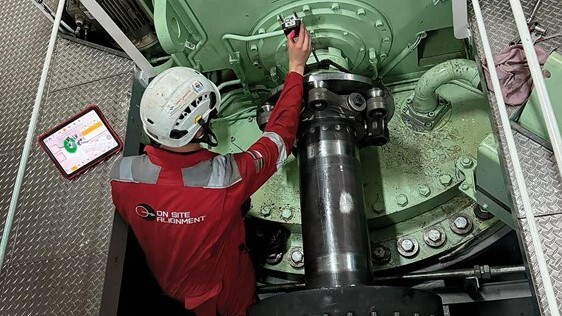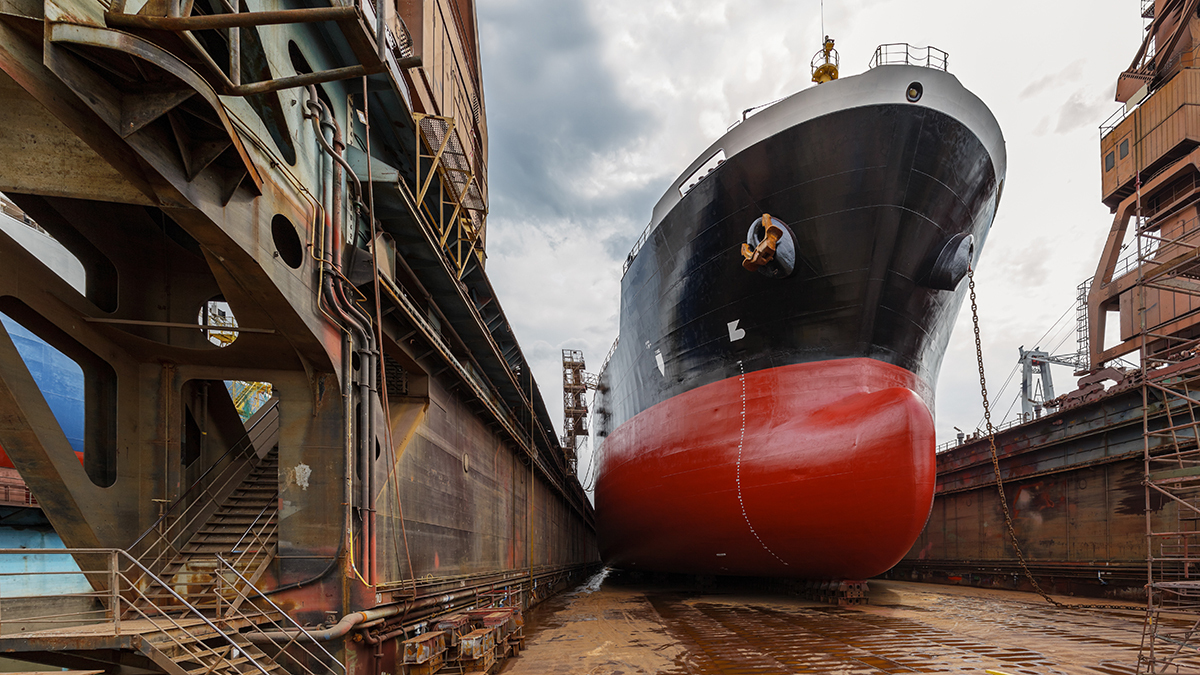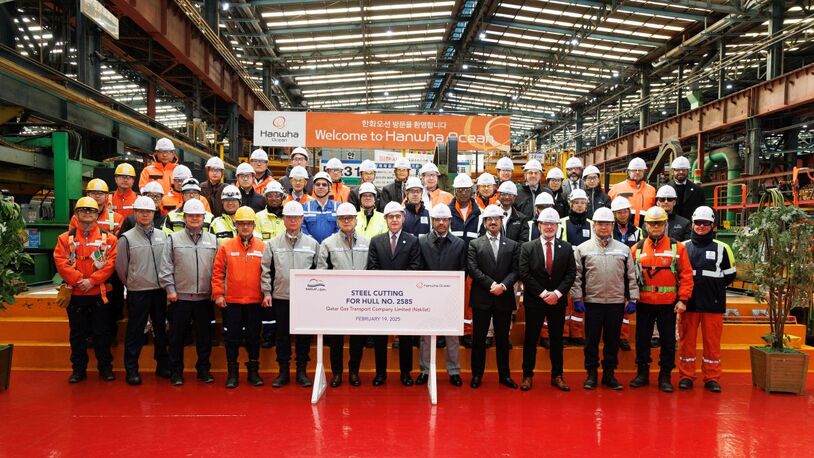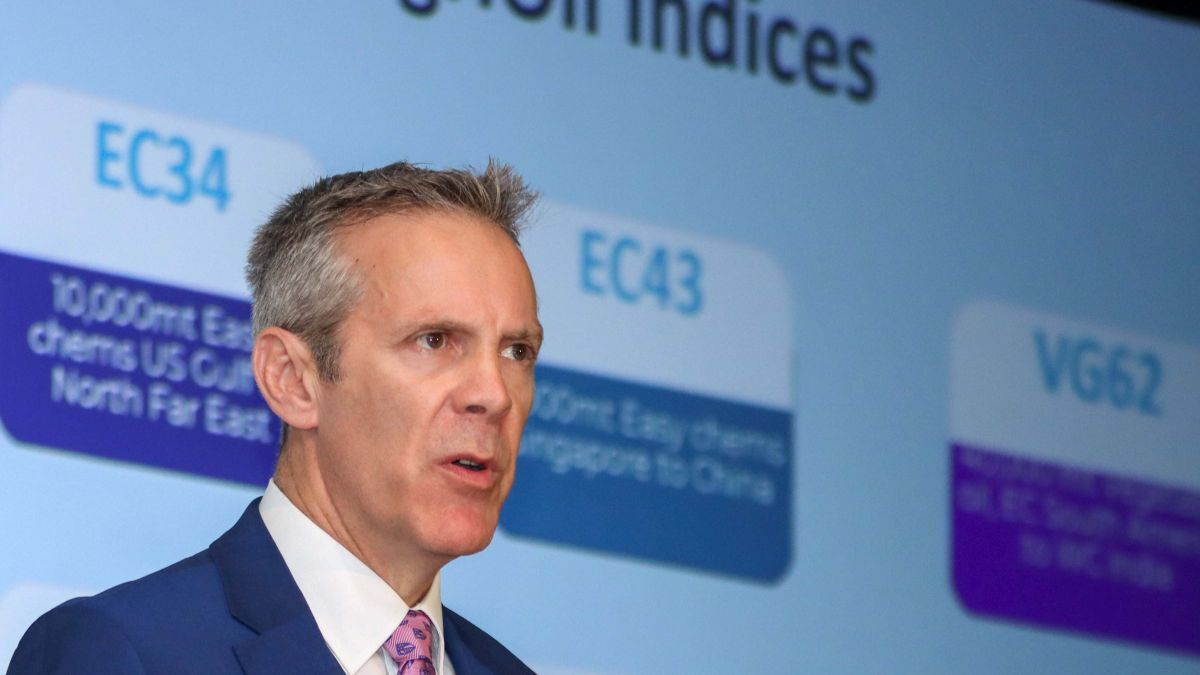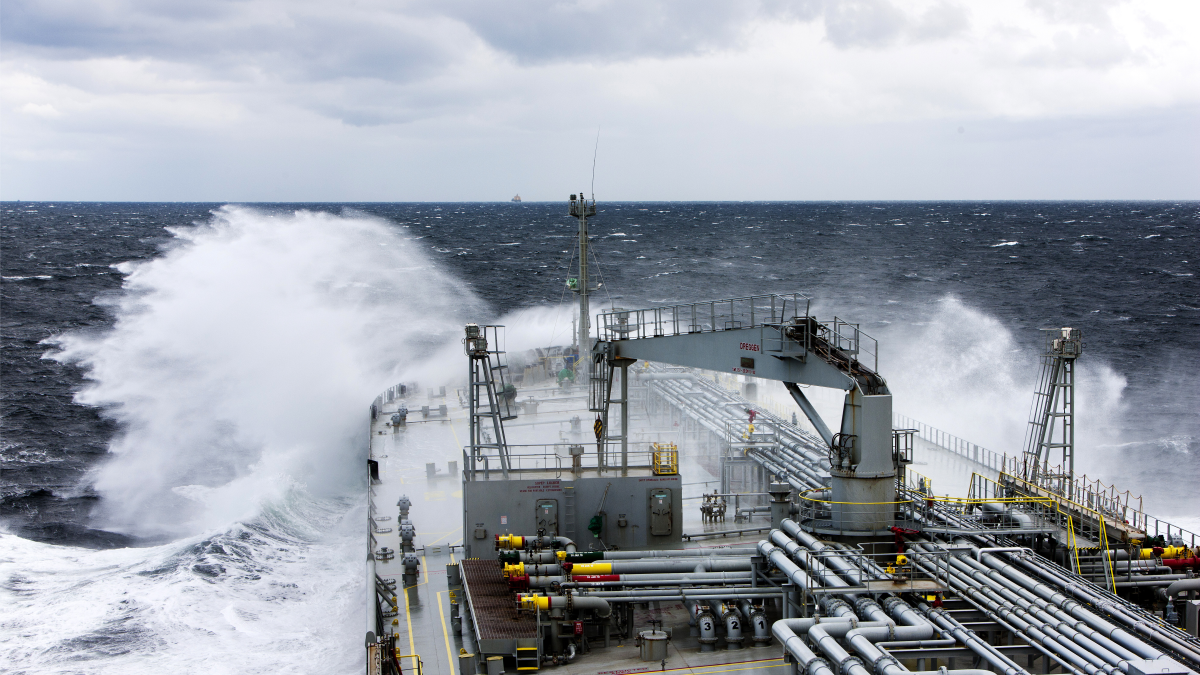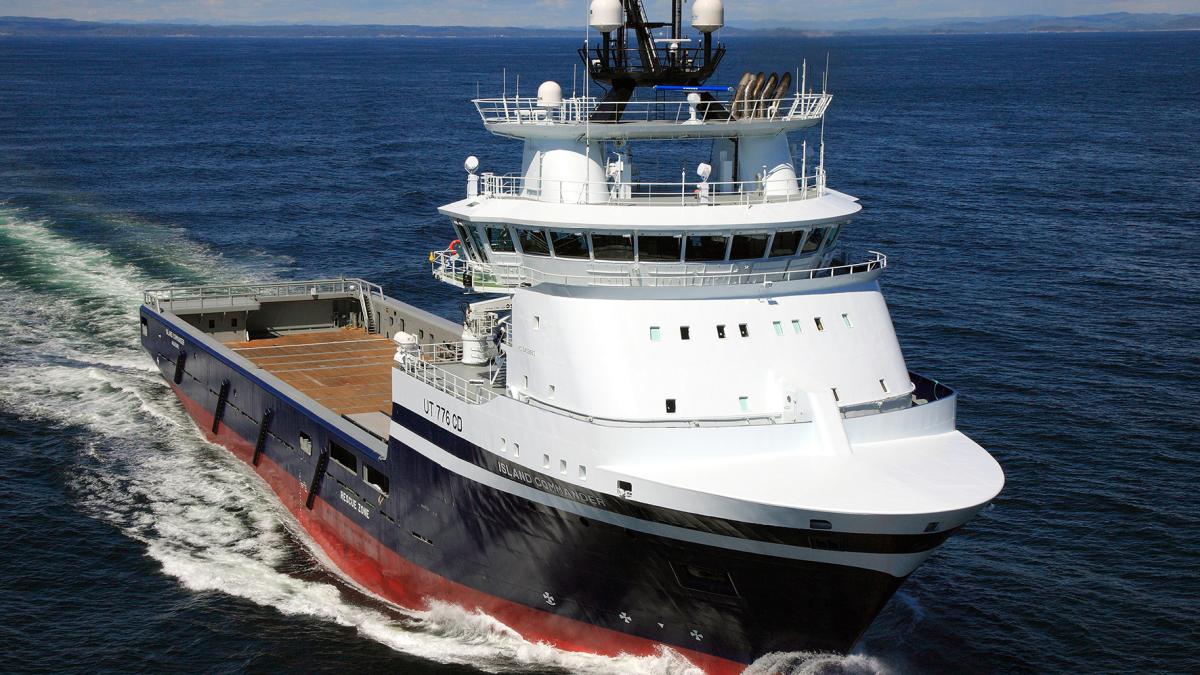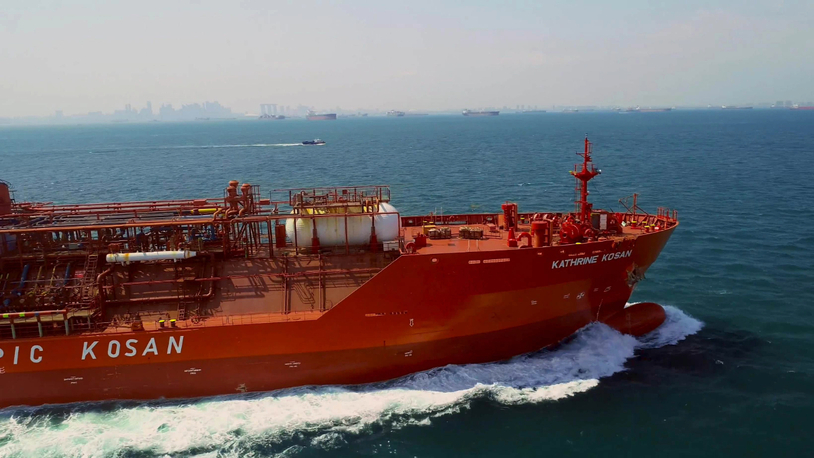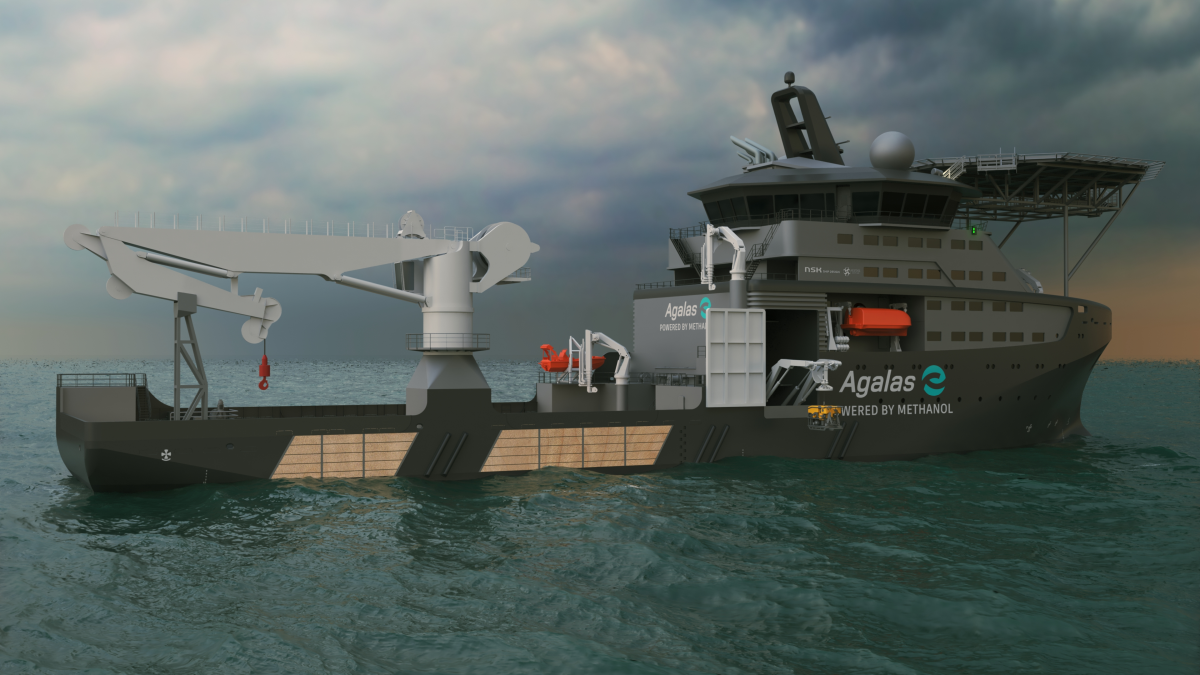Business Sectors
Events
Contents
Fears of further disruption in global shipbuilding from China's rare earth export control
China’s recent decision to impose export controls on key rare earth elements is raising alarm across the global shipbuilding industry, with analysts warning of potential delays in newbuilding project deliveries
On 4 April 2025, Beijing announced export restrictions on seven critical rare earth elements – including dysprosium, terbium, samarium, and gadolinium – amid escalating trade tensions with the US. According to Reuters, exporters must now obtain licenses from China’s Ministry of Commerce, a process described as opaque and potentially lengthy, ranging from six or more weeks to several months.
Allied Shipbroking head of valuations Chara Georgousi highlighted the move’s potential consequences in a recent social media post. She emphasised China’s overwhelming dominance in rare earth production – accounting for approximately 90% of global supply – and noted that the restrictions have triggered concern across several advanced manufacturing sectors, including shipbuilding.
Potential delays on projects
Drawing on insights from South Korea’s shipbuilding industry, Ms Georgousi explained that rare earth materials are essential for critical ship systems, including electric propulsion, emissions control equipment, and advanced electronics. “Delays in sourcing these components are already hindering equipment deliveries to shipyards, impacting final outfitting, and may lead to vessel delivery delays,” she stated.
Ms Georgousi further noted that shipbuilders are reassessing delivery timelines, especially for high-value units scheduled for late 2025 or early 2026. Discussions around delay penalties, compensation, and revised delivery terms are reportedly already underway.
While efforts to diversify rare earth supply chains away from China are likely to accelerate, Ms Georgousi warned that such shifts will take time. “In the interim, uncertainty is now a core feature of the newbuilding landscape,” she said.
Market sources confirm that senior officials overseeing newbuilding projects at major South Korean shipyards have been formally notified of these developments, and some projects could face the risk of delays.
A representative from one of South Korea’s largest shipbuilding groups told Riviera that while they are aware of the issue, they could not disclose further details regarding its impact on ongoing projects. Riviera has reached out to all major South Korean yards for comment.
Widespread applications
Rare earth elements are vital to a wide array of technologies. They are used in rechargeable batteries for electric and hybrid vehicles, wind turbines, advanced ceramics, monitors, televisions, lighting, fibre optics, superconductors, and even glass polishing. Several are critical for electric vehicle motors and military-grade equipment.
The Center for Strategic and International Studies (CSIS) noted in a recent report that the US is particularly vulnerable to disruptions in the supply chains of the seven rare earth elements now subject to Chinese export controls. Citing a US Geological Survey report, the BBC reported that between 2020 and 2023, the US relied on China for 70% of its rare earth compounds and metal imports.
Connect with industry leaders across the Asian and Middle Eastern maritime sectors through Riviera’s premium events. Located conveniently in Singapore, we provide unparalleled access to the heart of the Asian maritime market.
Related to this Story
Events
Maritime Environmental Protection Webinar Week
The illusion of safety: what we're getting wrong about crews, tech, and fatigue
Responsible Ship Recycling Forum 2025
© 2024 Riviera Maritime Media Ltd.

